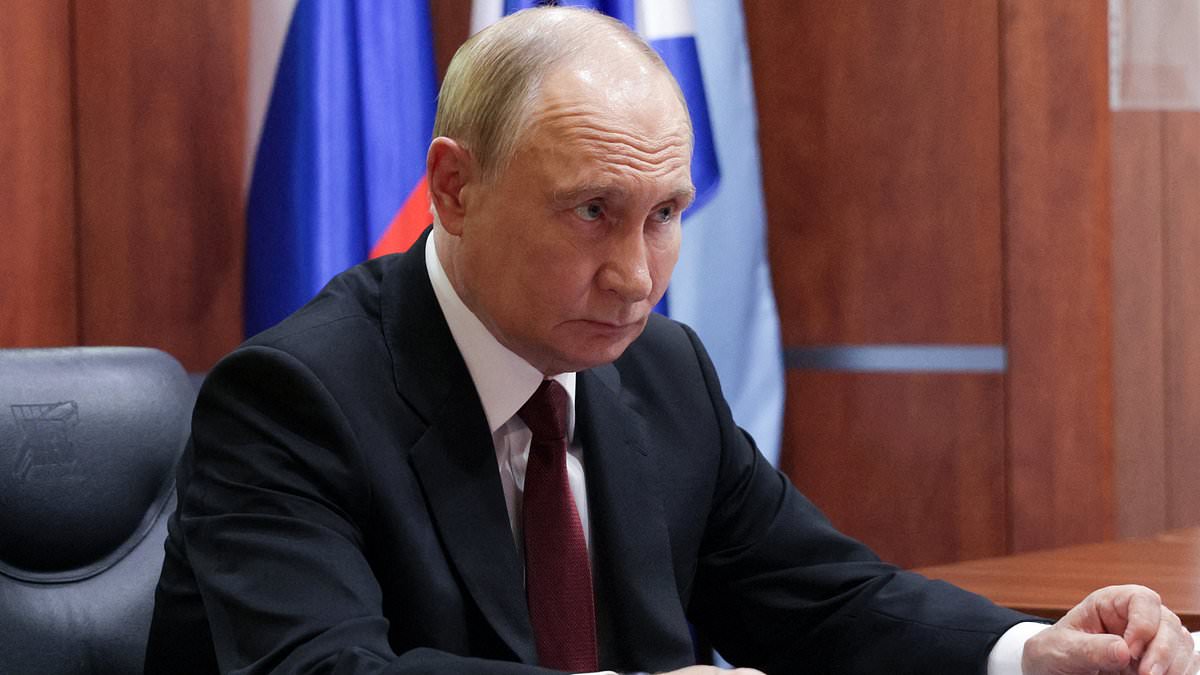
The ongoing war in Ukraine has not only reshaped Europe’s political landscape but has also become central to Russian President Vladimir Putin’s personal and political survival. For Putin, clinging to power amidst a declining economy and escalating global tensions necessitates maintaining or escalating the so-called ‘special military operation’ in Ukraine. But why is this war so critical to his regime?
The Power Dynamics Behind the Invasion of Ukraine
Launched in 2022, the invasion of Ukraine was framed by Putin as a mission to reunite Russia’s historic territories and prevent Ukraine from aligning with NATO. Historically tying Ukraine to the Russian empire, Putin’s rhetoric masks the underlying motives: survival, power, and distraction. Heavily influenced by Machiavellian principles, Putin has used war to divert attention from Russia’s endemic problems such as corruption, economic stagnation, and crumbling infrastructure.
While Putin’s ultimate goal is to assert dominance over Ukraine and its rich resources, his broader strategy often shifts focus. Ukraine’s resolute resistance has thwarted these plans, forcing a standoff that has rippled far beyond Eastern Europe.
War as a Tool for Survival
Putin’s reliance on war underpins his long reign in office, spanning more than 25 years. In all mafia-like regimes, distraction is essential to maintain authority, and Russia is no exception. Inflation remains high, the nation’s energy revenues are dwindling, and corruption has reached alarming levels. This ‘mafia state’ operates under the control of Putin, the ultimate godfather figure.
This war serves as a tool not only to project strength internationally but also to curb domestic dissent. For a leader who faces threats from anti-government activists, foreign adversaries, and even insiders, the battlefield provides a grim but effective means of self-preservation. The widespread use of state-sponsored attacks, from alleged poisonings to assassinations, further demonstrates how fear and violence have become intrinsic to preserving his rule.
The Implications of Global Diplomacy
Despite the immense losses and geopolitical backlash, Putin’s recent engagement in ‘peace talks’ during a summit in Alaska reveals his broader diplomatic objectives. He has managed to secure immunity from severe economic repercussions by strategically negotiating with global leaders, such as former U.S. President Donald Trump.
Notably, these diplomatic moves remind the world of Putin’s manipulative edge. Praising Trump and offering empty promises of peace helped avoid disastrous sanctions while furthering his narrative of international legitimacy. Such maneuvers allow him to sidestep accountability, even as global pressure mounts for justice over alleged war crimes.
Personal Survival and the High Stakes of Putin’s Rule
The opaque dealings between Russia and its trading partners, combined with strategic deception, keep Putin afloat for the time being. However, the question remains: for how long? Vladimir Putin’s paranoia about personal safety symbolizes the precarious nature of his rule. Assassination plots, coup attempts, and potential legal trials loom over his future, making it very likely that he will leave the Kremlin only under drastic circumstances, potentially in demise.
What Lies Ahead for Russia?
For now, Putin’s grip on power depends heavily on prolonging this war. Economically weakened yet fiercely propagandized, Russia moves forward as a fragile juggernaut. Putin’s survival strategy underscores a broader lesson in global politics: unchecked power and military aggression can create short-term dominance, but rarely lead to stability.
Recommended Resources
As we delve into discussions of world leaders’ health and resilience under pressure, consider exploring wellness solutions that can enhance cognitive focus and manage stress. For instance, Neutrogena’s Hydro Boost Gel Cream provides essential hydration and helps tackle fatigue—ideal for professionals navigating high-stress environments.






